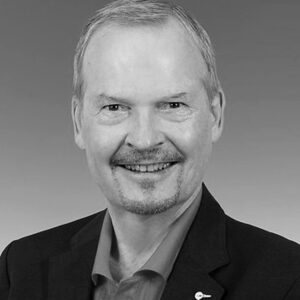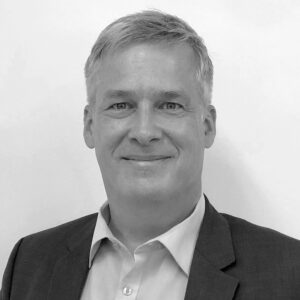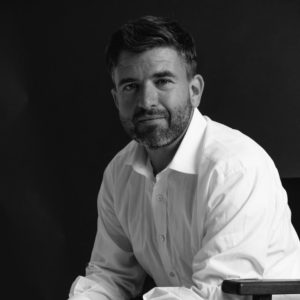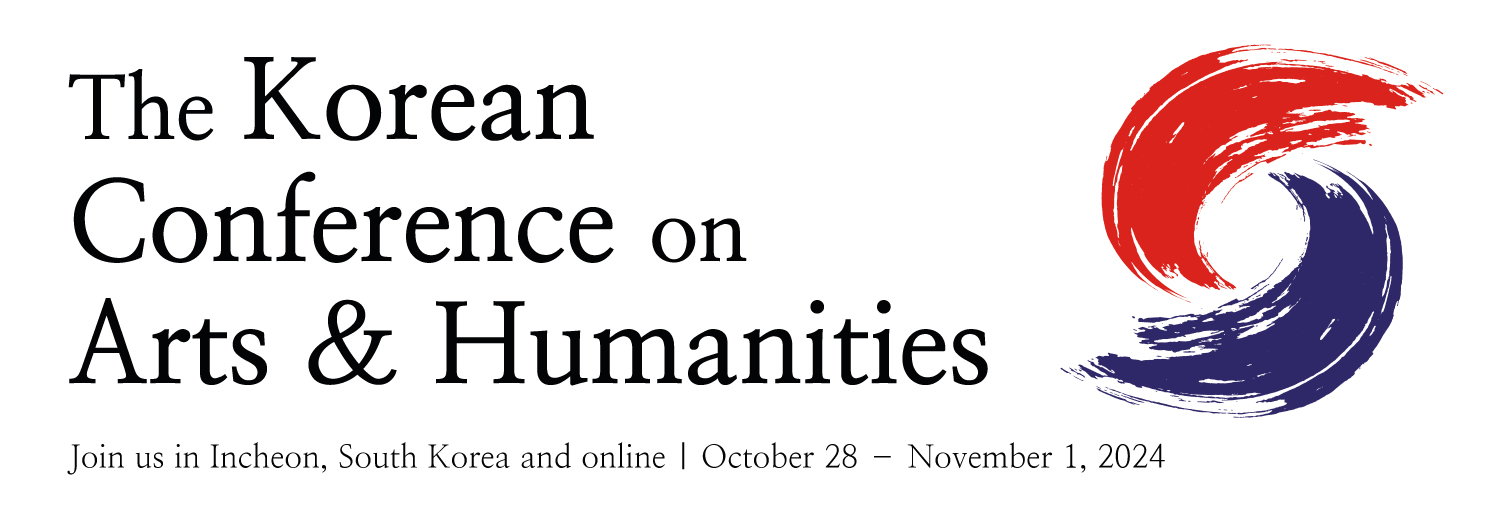Korea’s Pivotal Role in the World: Challenges and Opportunities in Leadership
Tuesday, 29 October 2024 15:20
Session: Plenary Session
Room: Premier A
Presentation Type: Featured Panel Session
As the global political landscape is becoming increasingly polarised and the global community battles natural, humanitarian, and social crises, the world is turning towards a new kind of multilateral cooperation and leadership. Middle powers are repositioning themselves to become pivot states – states that stand in between superpowers and are desired as allies due to their military, economic, technological, or intellectual advantage.
South Korea has been considered the quintessential contemporary ‘Middle Power’, with a great window of opportunity to advance through its ‘niche diplomacy’ and become an influential pivot state while addressing pressing global issues. Due to its strategic geopolitical location in proximity to North Korea, China, and Japan and its alliance with the US, it is in a position to foster global peace and understanding. Technology was a driving force of South Korea’s remarkable socioeconomic development in the 1980s, and the nation remains a technological leader in AI, 5G networks, and green technology. As one of the world’s largest semiconductor suppliers, South Korea can also support sustainable development, stabilise global supply chains and trade, and advocate for climate action. With its experience in refugee crisis management, public health innovations as seen during COVID-19, a top educational system, and strong cultural diplomacy, South Korea has the potential to promote multicultural understanding and global citizenship; especially given its recent activities in The United Nations, the OECD, and the World Economic Forum.
However, South Korea also faces significant challenges that jeopardise its leadership potential. Divided since the end of the Second World War, the security threat posed by North Korea continues to loom over the country. With the lowest birth and replacement rate in the world, an ageing population, a skewed work-life balance, a highly demanding education system, and one of the highest suicide rates in the world, its society’s well-being is severely threatened as well. Political and social unrest are also plaguing this relatively recently transitioned democracy, and gender inequality remains one of the most significant social issues.
Biographies
James F. Larson

James F. Larson first experienced Korea as an American Peace Corps Volunteer from 1971 to 1972, teaching English at Kangwon National University in Chuncheon, South Korea. In 1978, he returned to the United States and earned his PhD in Communication at Stanford University. He is currently Professor Emeritus in the Department of Technology and Society at SUNY Korea, having originally joined SUNY Korea in 2014 serving as Chair of the department for four years, three of which he concurrently served as Vice President for Academic Affairs (Provost). He previously taught at the Graduate School of Science and Technology Policy at The Korea Advanced Institute of Science & Technology (KAIST, South Korea), The National University of Singapore, the University of Washington (United States), Yonsei University (South Korea), and the University of Texas at Austin (United States). From 1995 to 1996, he directed a major executive training program for Korea Mobile Telecom (now SK Telecom) at the University of Colorado Boulder, United States. He then spent fourteen years managing technology and testing activities (all computer-based TOEFL and other CBT in South Korea) as Associate and later Deputy Director of the Fulbright Commission in Seoul. His books include Television's Window on the World: International Affairs Coverage on the U.S. Networks, with H.S. Park (Ablex, 1984), Global Television and the Politics of the Seoul Olympics (Westview Press, 1993), The Telecommunications Revolution in Korea (Oxford University Press, 1995), and Digital Development in Korea: Building an Information Society with Dr Myung Oh (Routledge, 2011). The second edition of Digital Development in Korea was published in 2020 with a new subtitle, ‘Lessons for a Sustainable World’.
Brendan M. Howe

Brendan M. Howe is Dean and Professor of the Graduate School of International Studies, Ewha Womans University, South Korea, where he has also served two terms as Associate Dean and Department Chair. He is also the current President of the Asian Political and International Studies Association, and an Honorary Ambassador of Public Diplomacy and advisor for the Korean Ministry of Foreign Affairs. He has held visiting professorships and research fellowships at the East-West Center (where he is currently enjoying a second term as a POSCO Visiting Research Fellow (United States), the Freie Universität Berlin (Germany), De La Salle University (Philippines), The University of Sydney (Australia), Korea National Defence University (South Korea), Georgetown University (United States), Universiti Malaysia Sarawak (Malaysia), and Beijing Foreign Studies University (China).
Educated at the University of Oxford, the University of Kent at Canterbury (United Kingdom), Trinity College Dublin (Ireland), and Georgetown University (United States), his ongoing research agendas focus on traditional and non-traditional security in East Asia, human security, middle powers, public diplomacy, post-crisis development, comprehensive peacebuilding, and conflict transformation. He has authored, co-authored, or edited around 100 related publications, including Comprehensive Peacebuilding on the Korean Peninsula (Springer, 2023), Society and Democracy in South Korea and Indonesia (Palgrave, 2022), The Niche Diplomacy of Asian Middle Powers (Lexington Books, 2021), UN Governance: Peace and Human Security in Cambodia and Timor-Leste (Springer, 2020), Regional Cooperation for Peace and Development (Routledge, 2018), National Security, State Centricity, and Governance in East Asia (Springer, 2017), Peacekeeping and the Asia-Pacific (Brill, 2016), Democratic Governance in East Asia (Springer, 2015), Post-Conflict Development in East Asia (Ashgate, 2014), and The Protection and Promotion of Human Security in East Asia (Palgrave, 2013).
Joseph Haldane (Moderator)

Joseph Haldane is the Founder, Chairman, and CEO of IAFOR. He is responsible for devising strategy, setting policies, forging institutional partnerships, implementing projects, and overseeing the organisation’s business and academic operations, including research, publications, and events.
Dr Haldane holds a PhD from the University of London in 19th-century French Studies, and has had full-time faculty positions at the University of Paris XII Paris-Est Créteil (France), Sciences Po Paris (France), and Nagoya University of Commerce and Business (Japan), as well as visiting positions at the French Press Institute in the University of Paris II Panthéon-Assas (France), The School of Journalism at Sciences Po Paris (France), and the School of Journalism at Moscow State University (Russia).
Dr Haldane’s research and teaching is on history, politics, international affairs, and international education, as well as governance and decision making. Since 2015, he has been a Guest Professor at The Osaka School of International Public Policy (OSIPP) at Osaka University, where he teaches on the postgraduate Global Governance Course, and is Co-Director of the OSIPP-IAFOR Research Centre, an interdisciplinary think tank situated within Osaka University.
A Member of the World Economic Forum’s Expert Network for Global Governance, Dr Haldane is also a Visiting Professor in the Faculty of Philology at the University of Belgrade (Serbia), a Visiting Professor at the School of Business at Doshisha University (Japan), where he teaches Ethics and Governance on the MBA programme, and a Member of the International Advisory Council of the Department of Educational Foundations at the University of Hawaiʻi at Mānoa’s College of Education (United States), collaborating on the development of the Global PhD programme.
Dr Haldane has given invited lectures and presentations to universities and conferences around the world, including at the United Nations Headquarters in New York, and advised universities, NGOs, and governments on issues relating to international education policy, public-private partnerships, and multi-stakeholder forums. He was the project lead on the 2019 Kansai Resilience Forum, held by the Japanese Government through the Prime Minister’s Office and the Cabinet Office in collaboration with IAFOR.
From 2012 to 2014, Dr Haldane served as Treasurer of the American Chamber of Commerce in Japan (Chubu Region) and he is currently a Trustee of the HOPE International Development Agency (Japan). He was elected a Fellow of the Royal Asiatic Society in 2012, and a Fellow of the Royal Society of Arts in 2015.
About the Presenter(s)
-James F. Larson first experienced Korea as an American Peace Corps Volunteer from 1971 to 1972, teaching English at Kangwon National University in Chuncheon, South Korea.
-Brendan M. Howe is Dean and Professor of the Graduate School of International Studies, Ewha Womans University, South Korea, where he has also served two terms as Associate Dean and Department Chair.
-Joseph Haldane is the Founder, Chairman, and CEO of IAFOR.
See this presentation on the full schedule – Tuesday Schedule





Comments
Powered by WP LinkPress